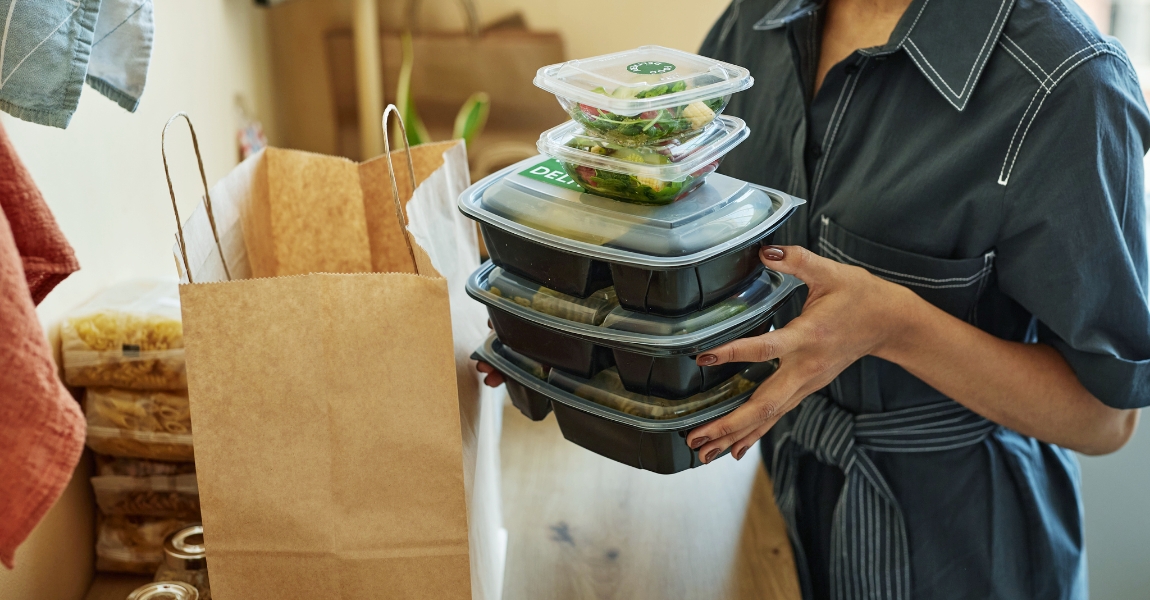The Food Loss and Waste Prevention bill establishes a series of obligations for the food chain – which includes hotels and restaurants – such as having a plan to prevent food losses, reaching agreements to donate their surpluses or allowing customers to take back uneaten food.
On January 9, 2024, the Council of Ministers of the Spanish Government approved the new bill aimed at minimizing food waste, promoting donations, and meeting the food needs of the most vulnerable population. This law will impose new requirements on companies in the tourism sector.
This draft bill, which is currently in the amendment phase, restarts after the previous bill in the Senate lapsed due to the early elections that took place in July 2023.
The initiative defines “companies in the hostelry or catering sector and other food service providers” as agents of the food chain and applies to the activities conducted by these companies in Spanish territory.
The objective of this bill is to reduce food losses and waste by the agents of the chain, establish a hierarchy of priorities, facilitate food donations, and contribute to meeting the food needs of the most vulnerable population. All this aims to achieve more sustainable consumption and raise awareness among all agents of the chain about the importance of efficient food management.
The bill establishes certain obligations for the agents of the food chain. Among the most notable for the tourism sector are the following:
- Implementing a plan for addressing food losses and waste, which includes the application of the hierarchy of priorities developed in the text.
- Entering into agreements or arrangements to donate their food surpluses to companies, social initiative entities, other non-profit organizations, or food banks. These agreements must include the minimum content stipulated in the bill itself.
- As a specific obligation for hostelry and catering companies, it is established that they must allow customers to take away uneaten food at no additional cost, except in the case of buffets or similar formats. To this end, they must provide containers that are suitable for food use, either reusable or easily recyclable. In the case of single-use containers, establishments may charge for them in accordance with the provisions of Law 7/2022, dated April 8, on waste and contaminated soils for a circular economy.
Also, through this initiative, a series of best practice measures are established for agents of the food chain, especially for companies in the hostelry sector and other food service providers. These measures include: (i) promoting the incorporation of sustainable purchasing criteria, (ii) encouraging the donation of food for social purposes, (iii) encouraging the delivery of food scraps to composting facilities, and (iv) promoting “flexible menus” so that consumers can choose different portion sizes.
Finally, a regime of infringements and penalties is envisaged, which will apply to all agents of the chain. According to the bill, this regime is “compatible with any civil, criminal, or other liabilities that may arise and, in particular, with the application of sanctioning regimes in matters of waste, contaminated soils, food quality, consumption, commerce, hygiene, public health, and food safety, when their punitive basis is different.”
From this, it can be deduced that, without prejudice to the application of the donation regime provided for in this bill, the operators of the chain, and in particular companies in the tourism sector, must comply with the other applicable legislations regarding food quality, hygiene, and public health, even if the products are not being commercialized.
Infringements foreseen include, for example, the consideration as a serious infringement of not having a food loss and food waste prevention plan.
The entry into force of this new project is scheduled for 2 January 2025.






